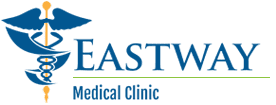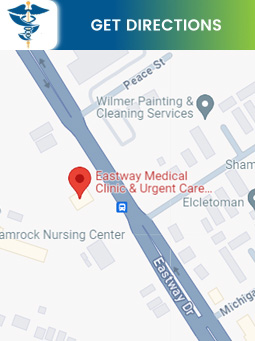Confidential STD Testing Clinic in Charlotte NC
STD testing can determine whether you have HIV or another sexually transmitted infection (STI). Visit Eastway Medical Clinic and Urgent Care for your affordable, quick, and confidential STD testing and treatment by our board-certified doctors in Charlotte, NC. Don’t allow STDs to ruin your health. We are conveniently located at 1220 Eastway Drive Charlotte, NC 28205. For more information, please contact us or request an appointment online.
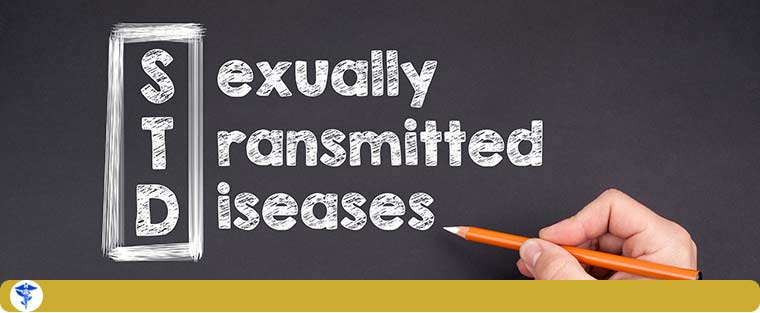
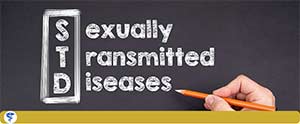
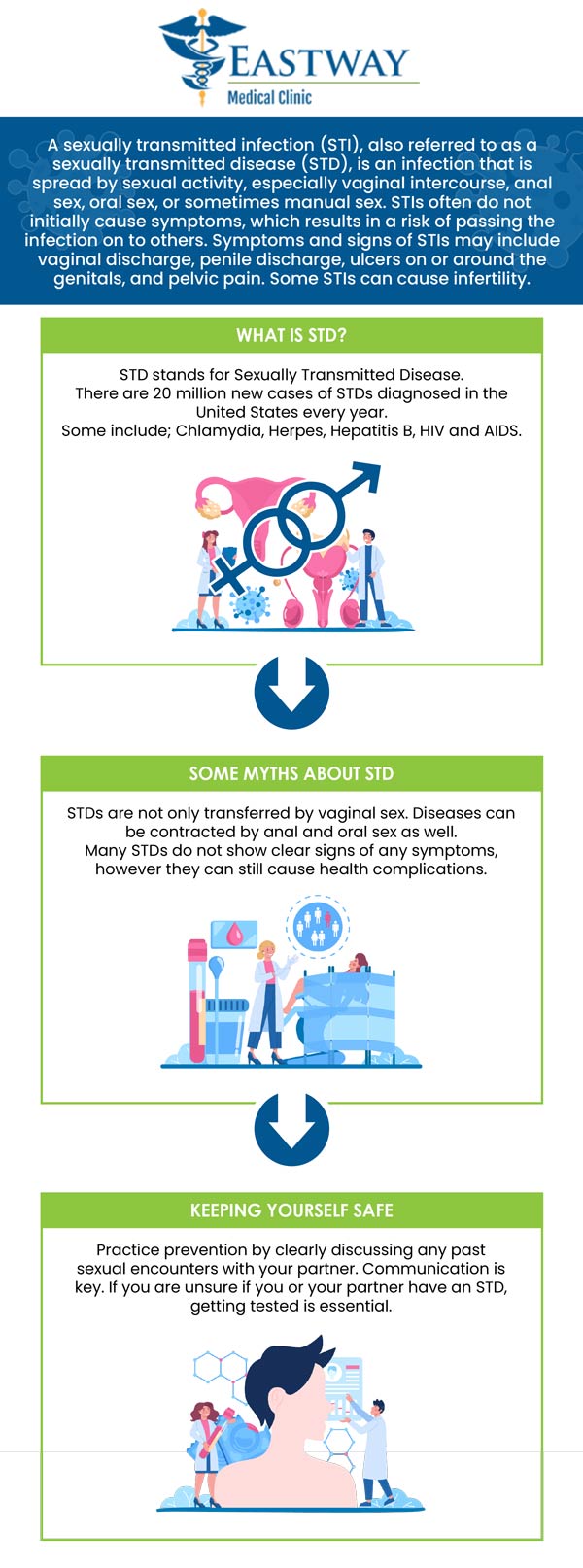
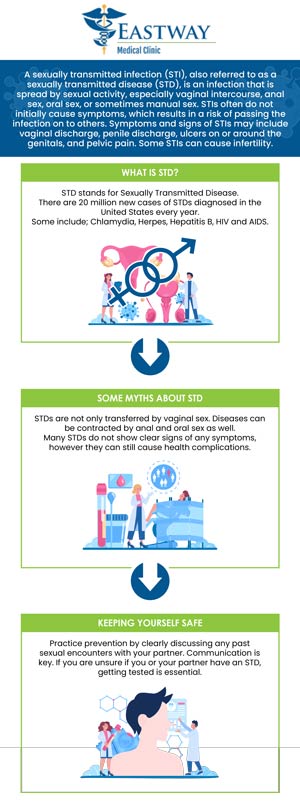
Table of Contents:
What Are STDs?
Types of STD
How Common Are STDs?
How Do I Get STD?
What Increases My Risk of Getting STDs?
How Do I Avoid Getting STDs?
How Do I know if I Have An STD?
How Is STD Testing Done?
How Are STDs Treated?
What Problems Can Untreated STD Cause?
Which STD Tests Should I Get If I Don’t Have Symptoms?
How Much Do Testing and Treatment of STDs Cost?
Sexually transmitted diseases (STDs) are diseases passed from one person to another through sexual activity including vaginal, oral, and anal sex. STDs are also referred to STIs (Sexually Transmitted Infections). These are usually caused by bacteria, viruses, or parasites.
There are many types of STDs and common ones are Chlamydia, Gonorrhea, Syphilis, Genital Herpes, HIV, Genital Warts, Trichomoniasis, and Viral Hepatitis B. Bacterial Vaginosis causes symptoms including thin white or gray vaginal discharge with strong fish-like odor, vaginal itching/burning and pain on urination.
STDs are very common, and the CDC estimates that 20 million new infections occur every year in the United States. It is estimated by the American Sexual Health Association that 1 in 2 sexually active individuals will contract an STD by age 25. The majority of STDs occur between ages 15 and 24 and only about 12% of people in this age range receive STD testing each year. These infections affect women and men of all backgrounds and economic levels.
You can get STD by having unprotected sex (oral, vaginal, oral) with someone who has an STD. It is possible to get STDs such as syphilis and herpes during genital touching without having sex.
If you are sexually active you are at risk of contracting STDs, especially, if you have unprotected sex and have multiple sexual partners. If you belong to this category, you must get tested and treated.
There are several ways you can avoid getting STDs including abstinence, mutual monogamy, reducing the number of sex partners, consistent use of condoms, and vaccinations for HPV and Hepatitis B. Avoiding sex (anal, vaginal or oral) is the most reliable way to avoid STDs. Mutual monogamous relationship with an uninfected partner is another reliable way to avoid STDs.
Some STDs have only mild symptoms or no symptoms at all. The only way to be sure you don’t have an STD is through testing. You may suspect that you have an STD based on your sexual history and symptoms, but laboratory testing will be needed to confirm the diagnosis. Common symptoms include painful urination, penile discharge, unusual vaginal discharge/odor, genital ulcers, painful intercourse, skin rash, swollen lymph nodes, sore throat, anal discharge/pain, etc. Unfortunately, some STDs, for instance, Chlamydia, may not cause symptoms, especially in women until it has caused significant damage to the reproductive organs.
Testing can be done on urine, blood, and fluid or tissue samples from an infected place on your body. You will need a physical and maybe a pelvic/genital exam looking for signs of infection, such as warts, rashes, ulcers or discharge. Our doctors will decide with you on the most appropriate examination and test/s you will need during your consultation. The tests we run in the office will result immediately and be communicated to you, while the ones we send to outside laboratories will result in 1-4 days. It is possible to be infected with an STD and test negative, especially if you recently got infected.
Treatment depends on the STD and may involve taking medicine by mouth or getting a shot. You may also be prescribed creams or suppositories. In some cases, we can begin treatment in the office during your visit. Some STIs can be cured while some cannot be cured, and we use medicines to manage their symptoms. Herpes, and HIV/AIDS cannot be cured and are controlled with medications. If you test positive for an STD, your partner may need to be tested and or treated as well.
Some STDs if not detected and treated on time, can cause major health problems including pelvic Inflammatory disease, pelvic pain, infertility, pregnancy complications, arthritis, heart disease, and certain cancers, such as HPV-associated cervical and rectal cancers.
If you are sexually active and don’t have symptoms of STDs, below is an overview of CDC testing recommendations. Our doctors will help you decide which tests are appropriate for you.
All adults and adolescents from ages 13 to 64 should be tested at least once for HIV.
All sexually active women younger than 25 years should be tested for gonorrhea and chlamydia every year. Women 25 years and older with risk factors such as new or multiple sex partners or a sex partner who has an STD should also be tested for gonorrhea and chlamydia every year.
All pregnant women should be tested for syphilis, HIV, and hepatitis B starting early in pregnancy. At-risk pregnant women should also be tested for chlamydia and gonorrhea starting early in pregnancy. Testing should be repeated as needed to protect the health of mothers and their infants.
All sexually active gay and bisexual men should be tested at least once a year for syphilis, chlamydia, and gonorrhea. Those who have multiple or anonymous partners should be tested more frequently for STDs (i.e., at 3- to 6-month intervals).
Sexually active gay and bisexual men may benefit from more frequent HIV testing (e.g., every 3 to 6 months).
Anyone who has unsafe sex or shares injection drug equipment should get tested for HIV at least once a year.
Our prices are affordable. We offer discounts for self-pay. We accept most major insurances including Medicare and Medicaid. The cost of treatment is variable and depends on the STDs in question.
Visit Eastway Medical Clinic and Urgent Care for your confidential testing & treatment. We serve patients from Charlotte NC, Newell NC, Mint Hill NC, Matthews NC, Allen NC, Harrisburg NC, and surrounding cities.
Check Out Our 5 Star Reviews

